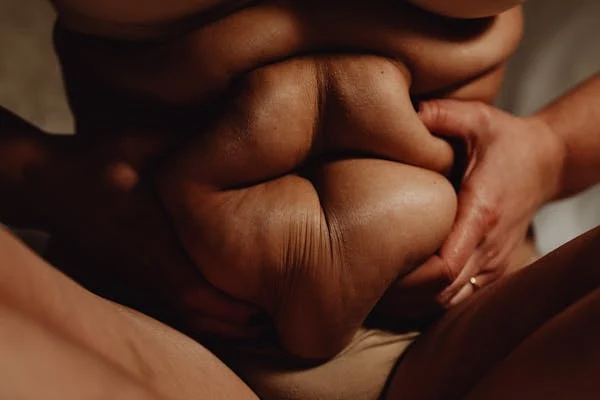Getting up to speed with rest at ends of the week might bring down coronary illness risk by a fifth.
Individuals who “get up to speed” with missed rest at the end of the week might have up to a 20% lower chance of coronary illness contrasted and the people who don’t, as per a review.
The discoveries, introduced at a gathering of the European Culture of Cardiology, took a gander at information from 90,903 grown-ups partaking in the UK Biobank project, a data set that holds clinical and way of life records of 500,000 individuals in the UK.
Of these, 19,816 met the standards for being sleepless, and over a subsequent time of 14 years the scientists found that individuals who had the most additional rest during the ends of the week were 19% less inclined to foster coronary illness than the people who had minimal measure of rest at the ends of the week.
Lack of sleep in the review has been characterized as the people who self-detailed having had under seven hours of rest each evening.
The people who got additional rest at ends of the week went from an extra 1.28 hours to 16.06 hours, and those with the least rest were losing 16.05 hours to 0.26 hours throughout the end of the week.
The concentrate likewise took a gander at a sub-gathering with day to day lack of sleep and found that the people who had the most compensatory rest at the end of the week had a 20% lower hazard of creating coronary illness than those with the least.
Albeit the other members remembered for the review might have encountered lacking rest, on normal their day to day long periods of rest didn’t meet the standards for being sleepless.
Prof Yanjun Tune, the review’s creator, of China’s Public Community for Cardiovascular Sickness in Beijing, said: “Adequate compensatory rest is connected to a lower hazard of coronary illness. The affiliation turns out to be significantly more articulated among people who routinely experience lacking rest on non-weekend days.”
Zechen Liu, a co-creator of the review, said: “Our outcomes show that for the huge extent of the populace in current culture that experiences lack of sleep, the people who have the most ‘get up to speed’ rest at ends of the week have essentially lower paces of coronary illness than those with the least.”
Prof James Leiper, a partner clinical chief at the English Heart Establishment, who was not engaged with the review, expressed: “Heaps of us don’t get sufficient rest because of work or family responsibilities, and keeping in mind that an end of the week lie-in is no swap for a customary decent night’s rest, this enormous review recommends that it could assist with decreasing gamble of coronary illness.
“We realize that absence of rest can influence our general prosperity, and this exploration is a significant indication of the fact that it means quite a bit to attempt to get something like seven hours’ rest consistently. We anticipate future investigations to more readily comprehend what rest examples can mean for the heart and how we can adjust present day ways of life to assist with working on our wellbeing.”
Past examinations seeing rest have recommended that individuals who experienced under four hours of rest for two continuous evenings felt over four years more seasoned, with some guaranteeing that the absence of rest caused them to feel many years more seasoned.
The specialists asked 429 individuals matured 18 to 70 inquiries concerning how old they felt and on how many evenings, if any, they had rested gravely in the previous month. Their sluggishness was likewise evaluated by a standard scale utilized in brain science research.
For every day of unfortunate rest the workers felt on normal three months more seasoned, the researchers found, while the people who detailed no terrible evenings in the first month felt on normal almost six years more youthful than their actual age.
Paradoxically, members in the review who remained in bed for nine hours guaranteed on normal to feel three months more youthful than their genuine age.
Remarking on the review, Prof Christopher Depner, of the Branch of Wellbeing and Kinesiology at the College of Utah, who was not associated with the exploration, brought up that it was not peer-investigated and he had some lingering doubts about its discoveries.


